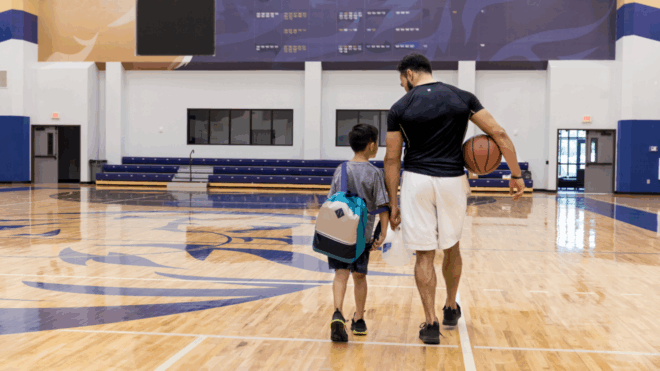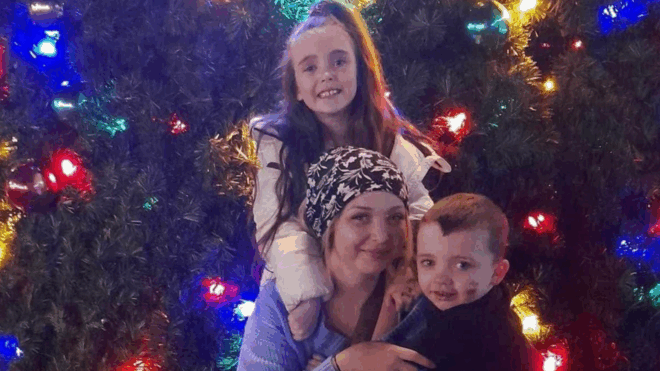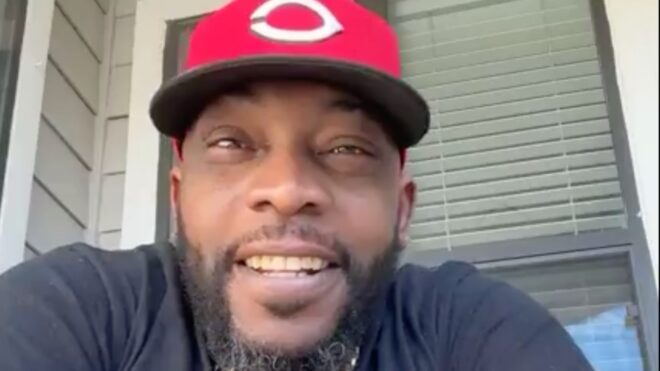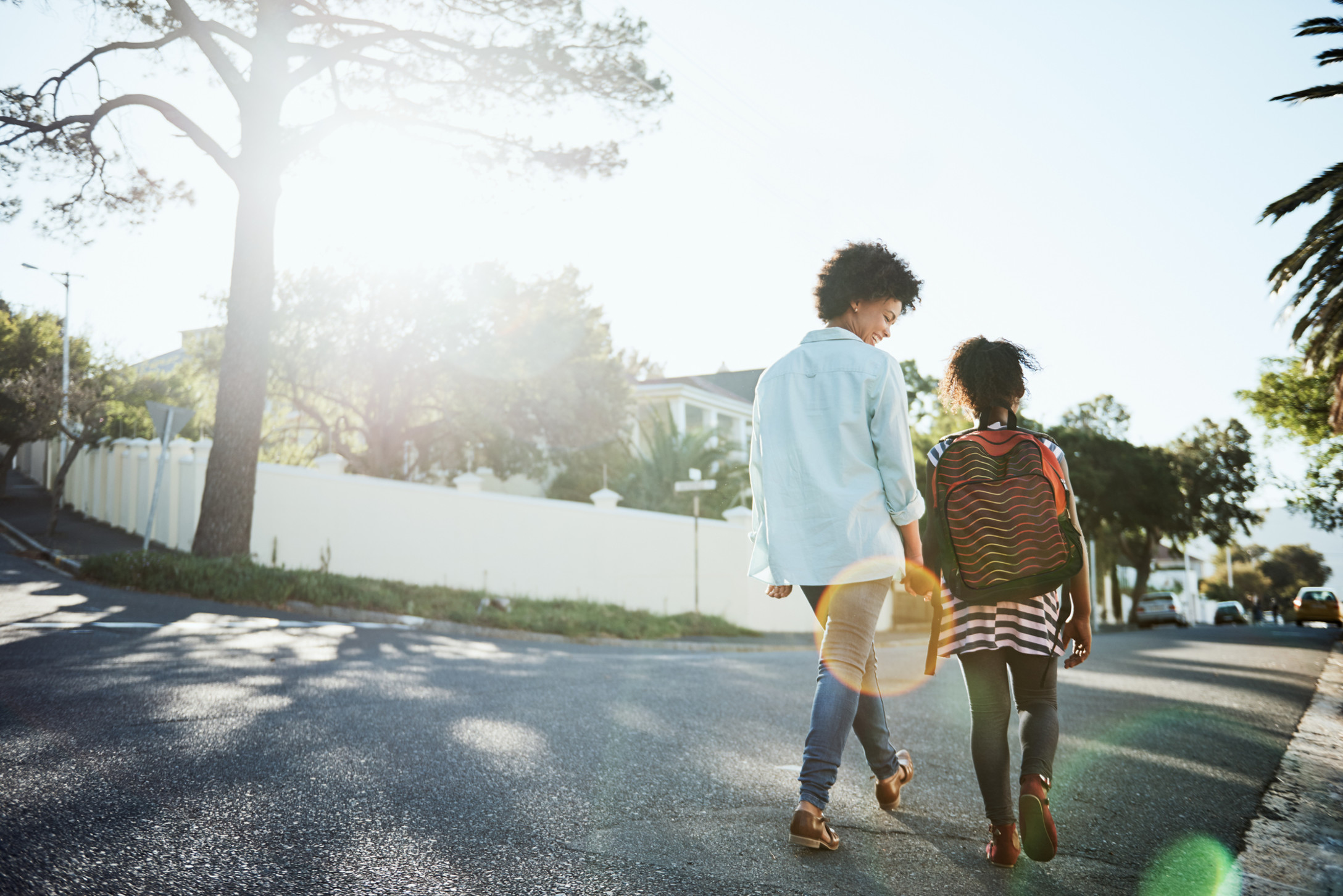
Kids can be mean, often downright cruel, and may not even realize it. Who here has ever felt victimized by a school bully? We sure have. Humans are built to find groups and fit in, so it makes sense that these behaviors manifest themselves on the playground or middle school lunch rooms without other kids understanding how they may hurt the feelings of a child who is not part of that group, but wants to be. Not to mention, distance learning may have already taken a toll on kids' social-emotional well-being.
But just because it's human nature doesn't mean your child is wrong to feel how he feels, or that nothing can be done. Parents can help and we have a few ideas how — from pep talks, to sharing personal experience, to classic movies (cough cough Means Girls in age-appropriate) and helping get them the resources they need to forge new relationships.
Know that what your child is feeling is normal.
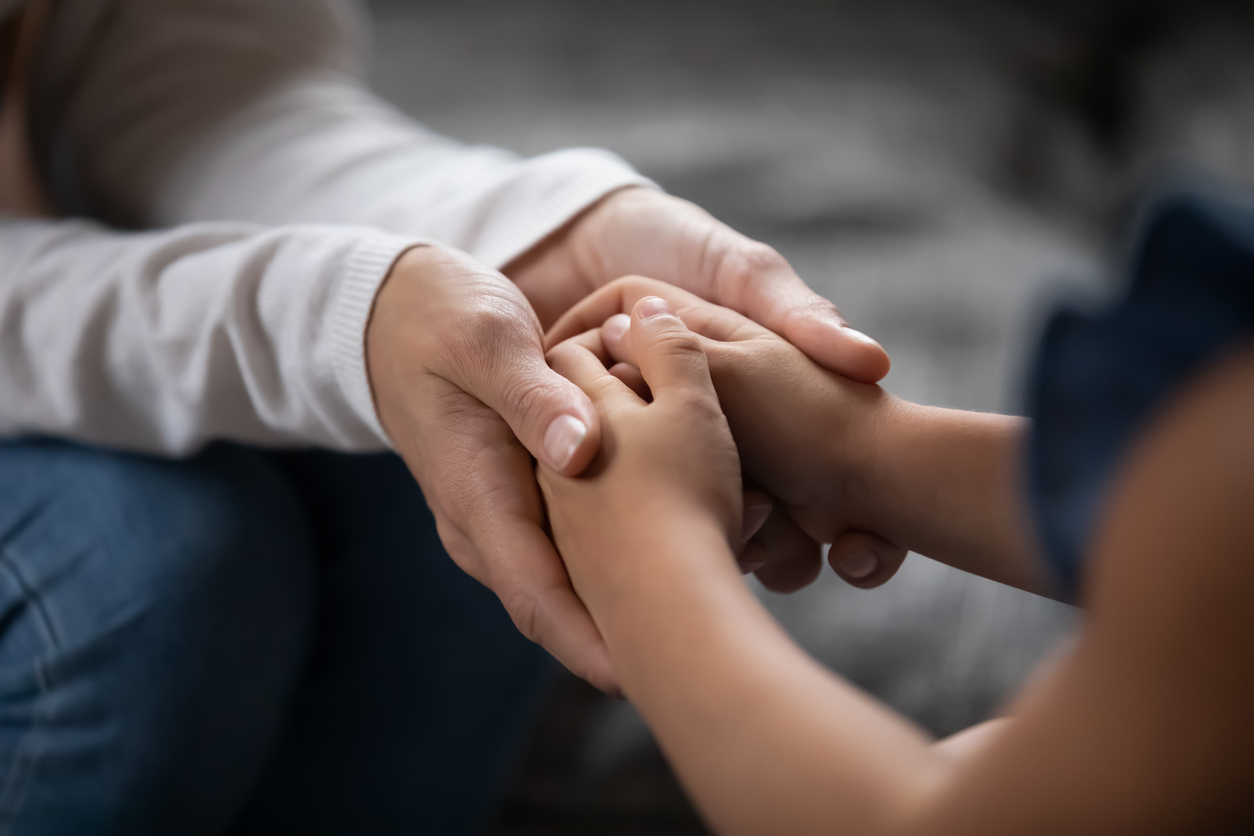
It's human nature for people to want to feel accepted and part of a group, so it's natural for kids to take it hard if they don't feel part of the group of popular kids, or another group at school. The first step to helping them navigate these feelings is to affirm that it does hurt to not be accepted, and that they're not alone in these feelings.
Understand that it's important to validate their experience.
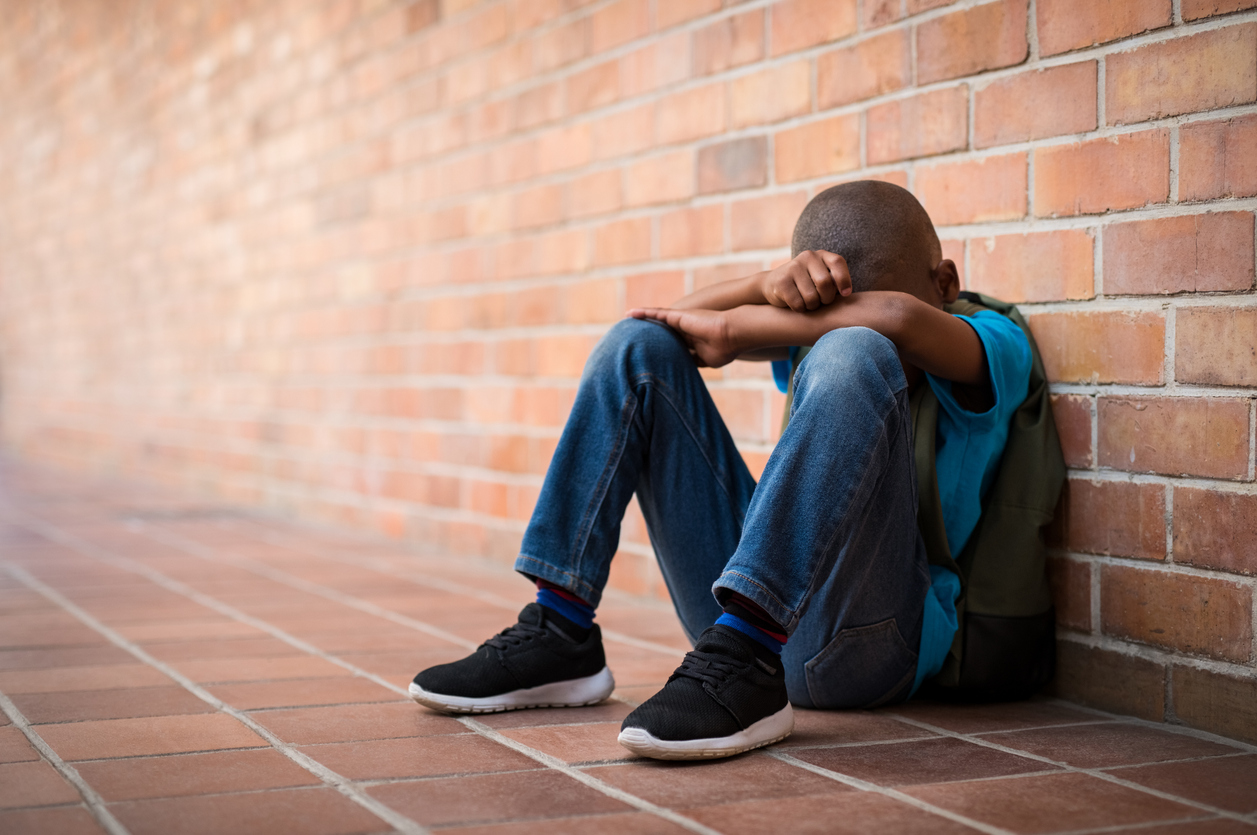
Equally as important in helping kids handle the hurtful feelings that come from clique rejection is to validate their sadness. Don't tell them that there are bigger things to worry about or that someone else has it worse. What they're feeling is what they're feeling and it's OK. What matters is how to fix this problem right now.
Let them know almost everyone goes through an uncool phase in school.
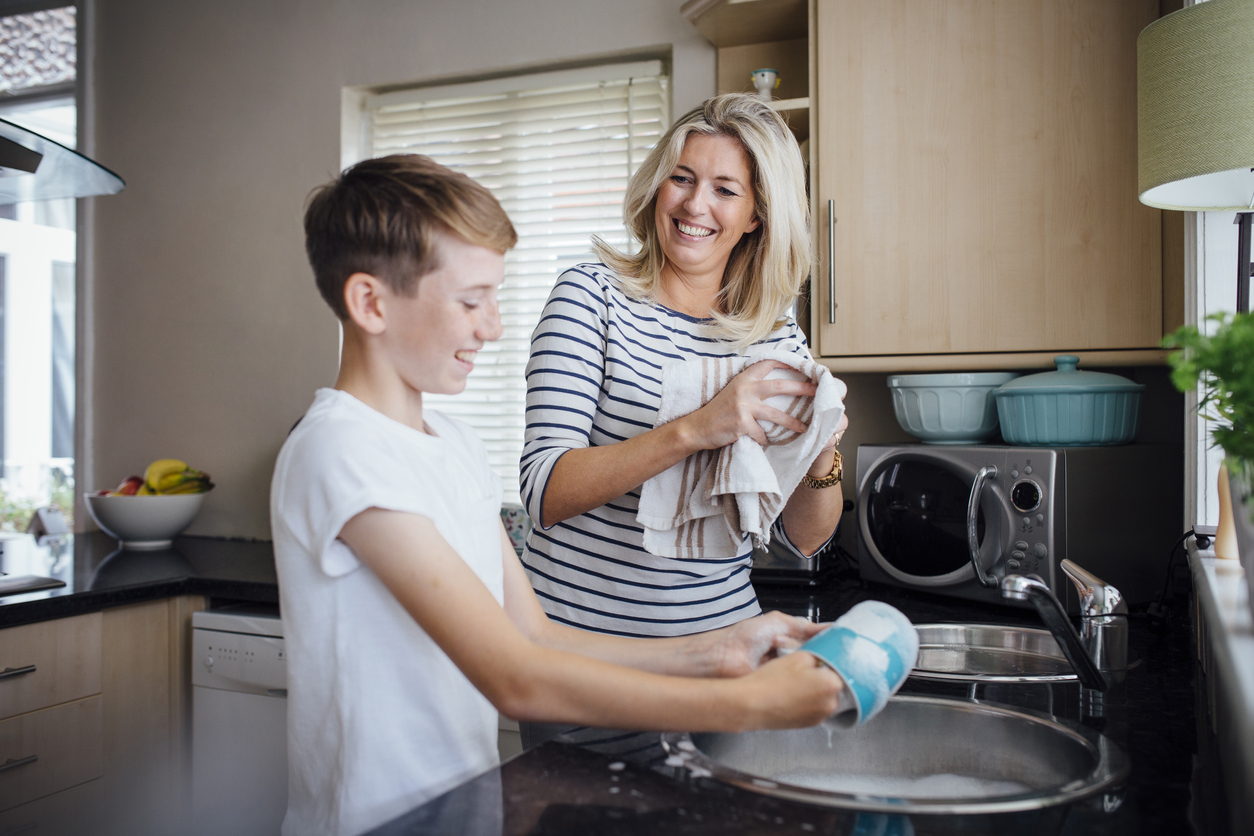
Maybe you were cool, but chances are, we all were uncool at some point in our adolescent lives. Sharing that experience with your children can help them see that you are still living a happy life despite also experiencing the clique hardship. Because as Kids Health says, it shows "cliques have been around for a long time."
Talk about their interests and help them sign up for activities outside of school.
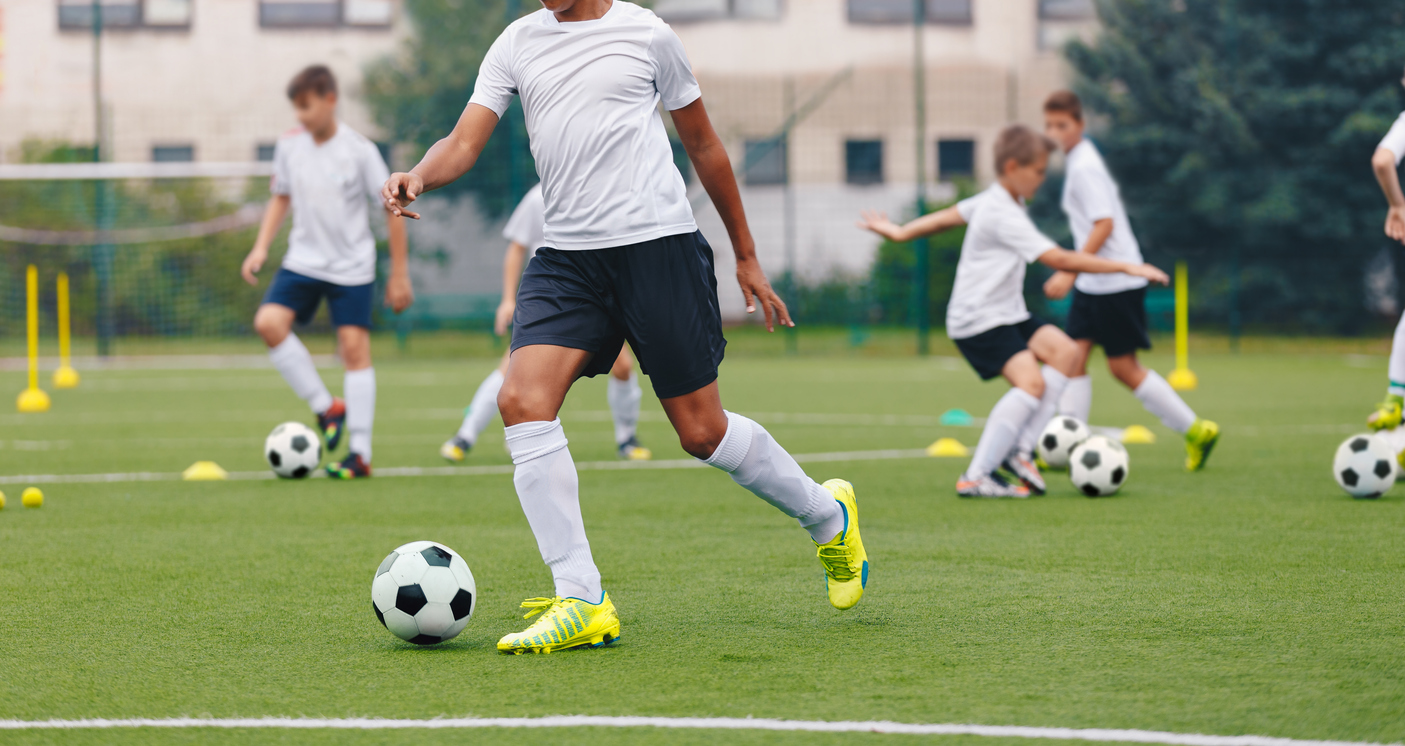
Even adults who are around the same coworkers or family members long enough will have relationship problems come up. The same goes for kids who may have been around the same group of peers for a few years if they're already in middle school. Encouraging kids to sign up for an activity will facilitate opportunities for them to make stronger connections with other kids, or, if it's outside of their school, will enable them to diversify their friend groups, and see that the cliques in school aren't the only ways to have friends.
Like the Mathletes (just kidding! But they can if they want to.).
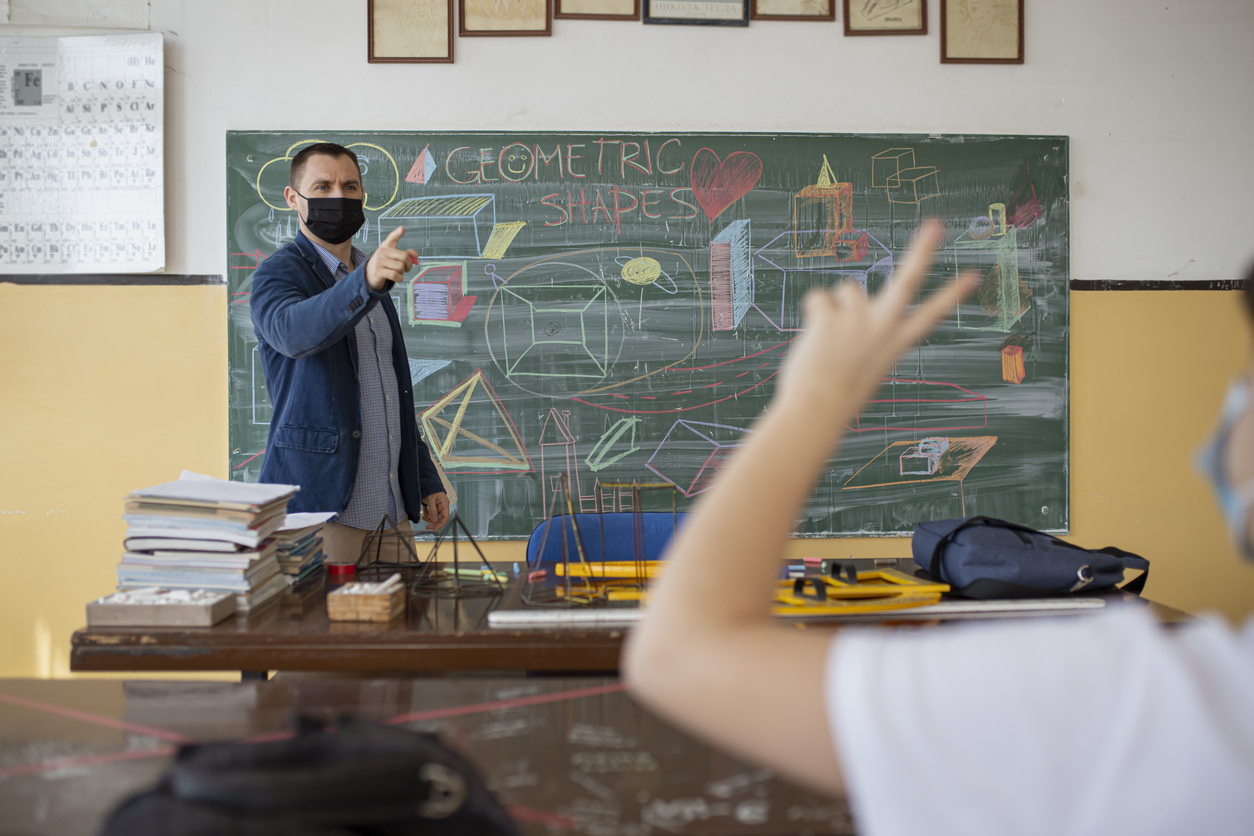
Mathletes, the fake competitive math club from the movie Mean Girls, was said to be "social suicide" in the film, but the point remains: Leaning into interests can be a good thing. After all, Cady, the main character in the movie, feels much more fulfilled helping the club win than being "fake" trying to fit in with the popular girls.
Help kids pinpoint their good friends and help them nurture those relationships.
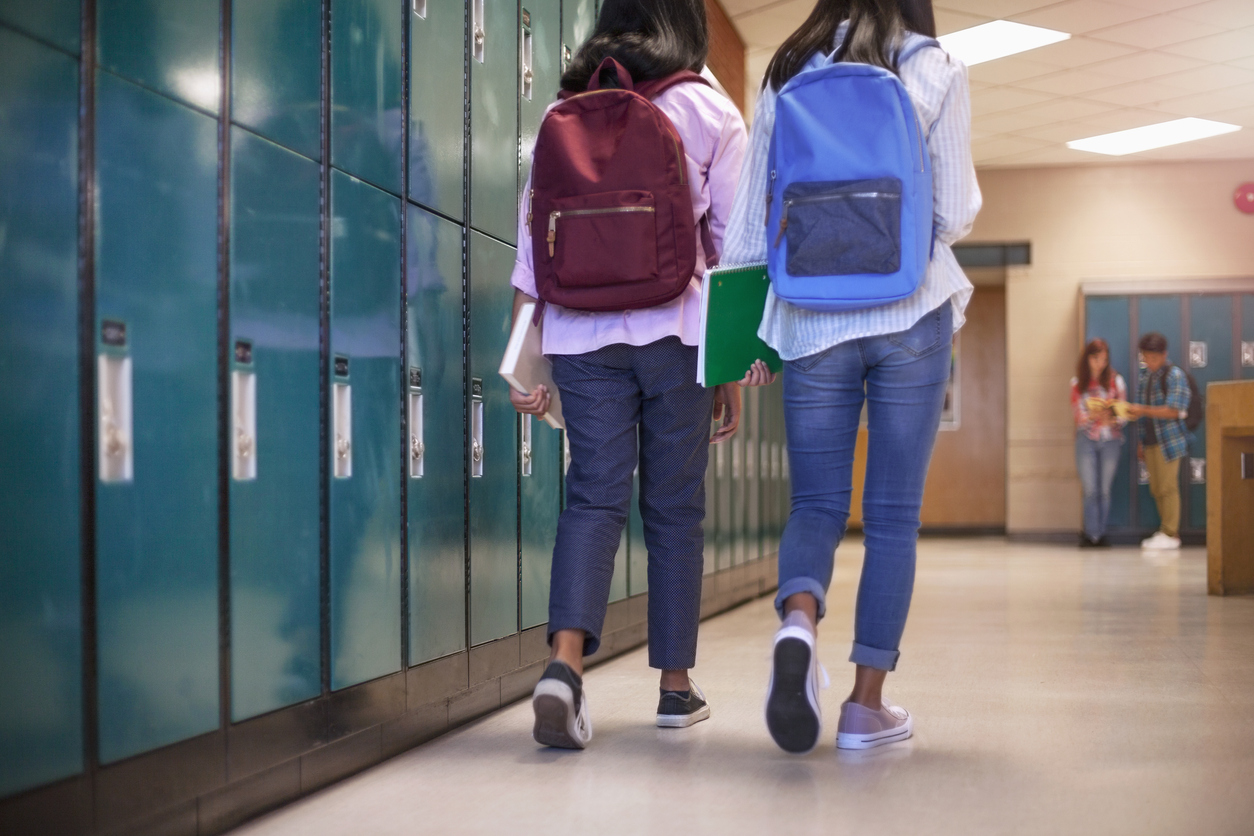
Human beings love to default to absolutes when they're stuck in an emotional cycle, kids especially. "Everything sucks." "Nobody likes me." "I have no friends." Try to help them ditch this language and identify whether or not it's actually true. Then they discover it's not — because more than likely, every kid has at least one solid friend — and then as a parent, pay attention, and check in to see if there's a way to help the kid connect more with that friend.
Kids need to know they are awesome for being who they are — and it's not as cool to be the same as everyone else.
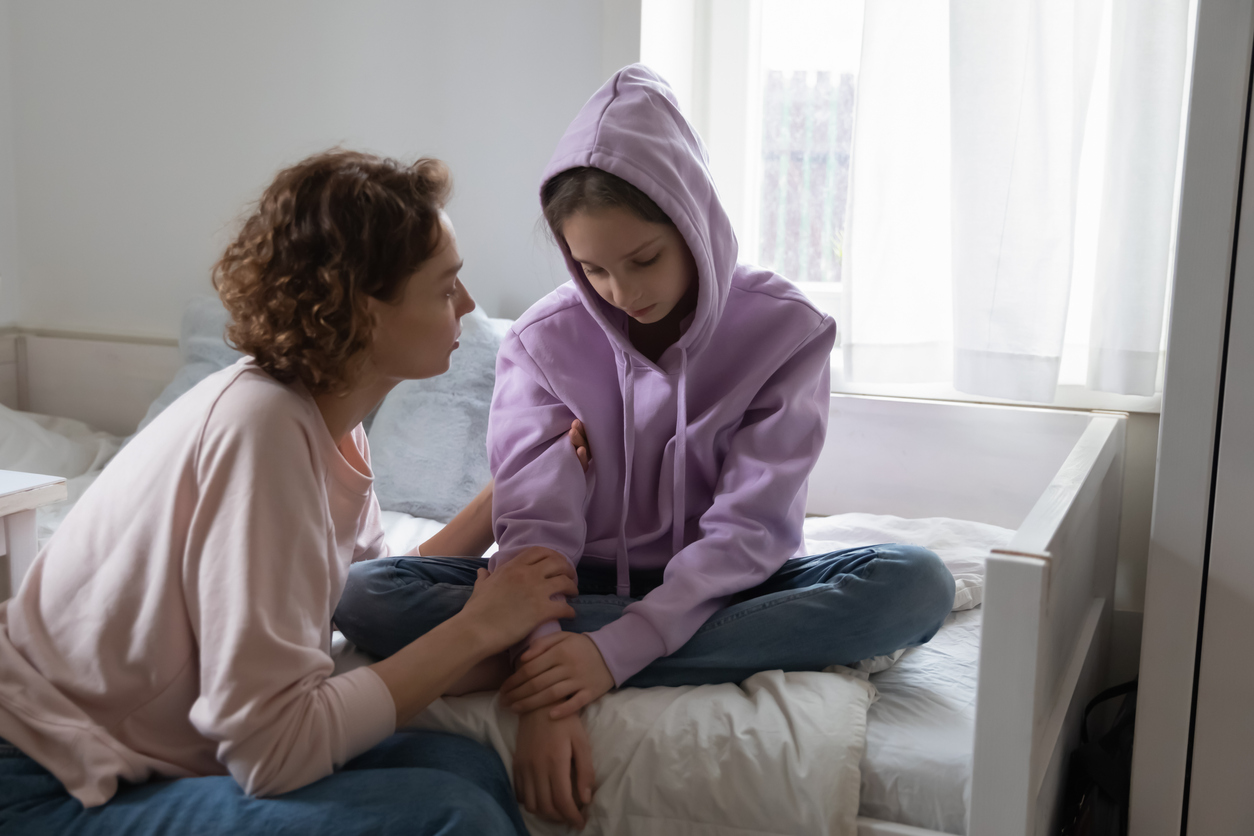
Telling your kid that she's amazing until you are blue in the face won't do too much if she's super down about it. After all, it's not about what you think, it's about what everyone else does. But highlighting the fact that it's good to be different, and not like everyone else, can help kids re-frame how they think about themselves.
Encourage them to try to keep an open mind in building friendships with kids who aren't in a clique either.
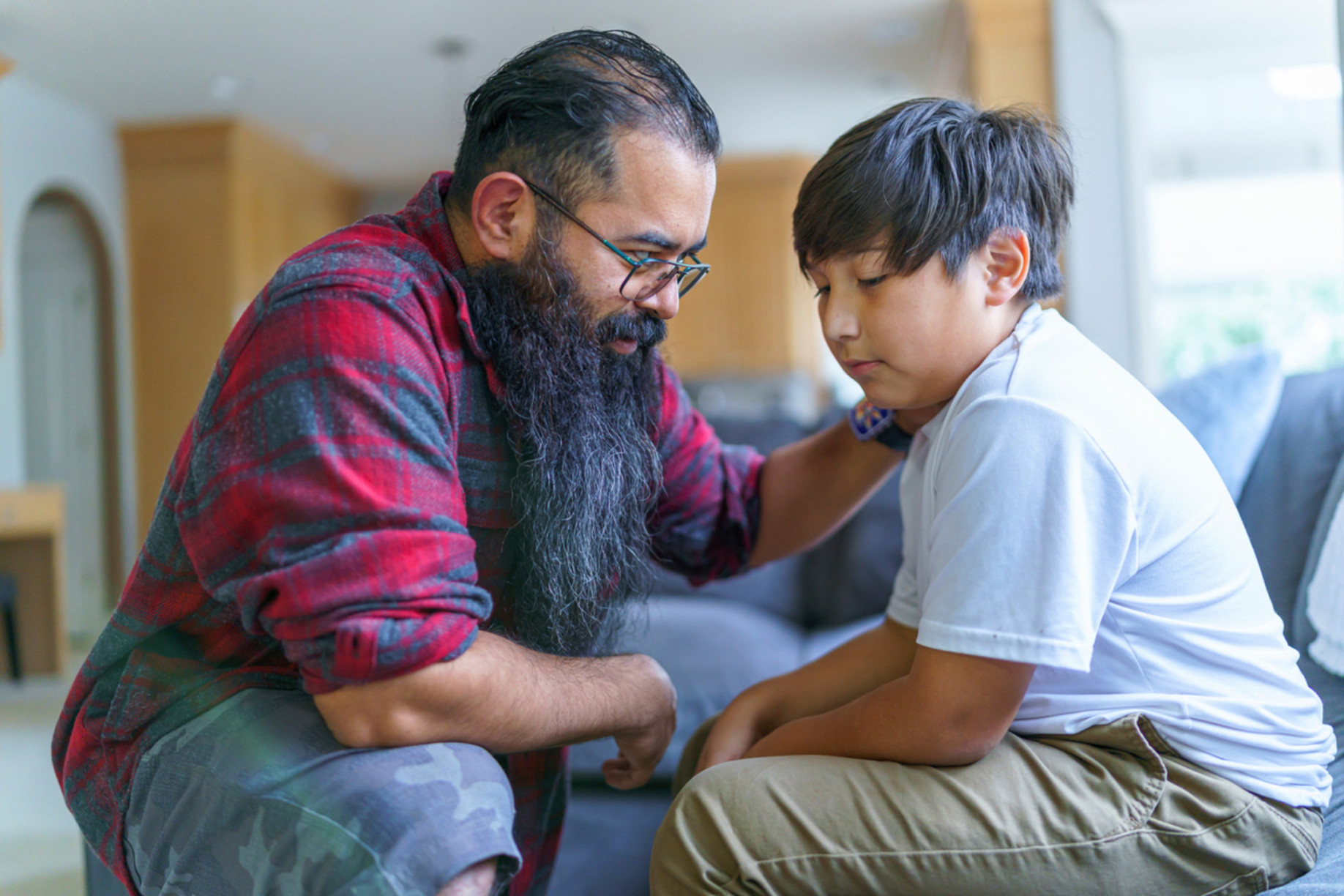
Sometimes kids are so worried about fitting in, they forget that there might be lots of other kids who want the same thing and are also struggling. Or, kids will overlook other kids because they're different than them. Encourage your child to have an open mind when thinking about people to talk to or get to know in school.
Help them to see that the things they're interested in are cool and other people agree, too.

To that effect, have your kids try to name the things that they are interested in and help them identify others who may also take an interest in it. Maybe it's someone at school who also likes that game, or listens to that band. Or, maybe it's a group outside of school. It could be a place to take them to feel like they are with like-minded people.
Help them understand if what they're experiencing is bullying — and call it out.
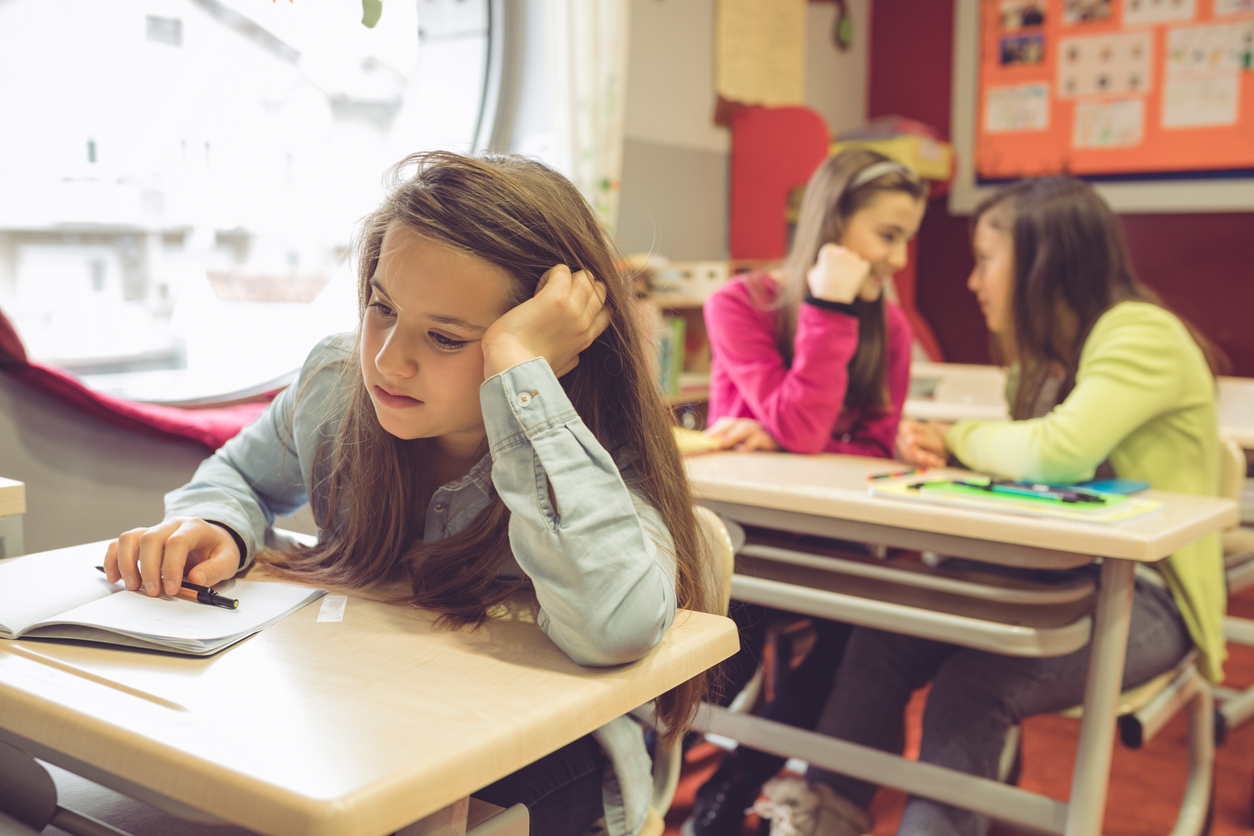
Cliques are a subtle form of bullying, usually subconscious. But exclusion is outright bullying. Help your child identify what is happening, and if it's exclusion, help him see that, name it, and explain why it's wrong and why it happens. When you do that, he can see the behavior of others is not a reflection of who he is, but a reflection of the bully.
Have them watch 'Means Girls' — and ensure that it's better to be nice than hit by a bus!
If your child is middle or high school age, it might be worthwhile to show her the movie Mean Girls. Aside from being absolutely hilarious, it also shows that cliques hurt people overall in the long run. There are also other age-appropriate materials to have kids watch or read to feel like they can relate to those experiences, including the book Blubber by Judy Blume and others as pointed out by Kids Health.
If it comes down to it, set the child up with a good therapist so he can work through his emotions. It's hard out there!
Cliques and the emotions that kids experience because of them aren't just part of life. They can have serious mental health repercussions, like anxiety and depression, and it doesn't make sense to make a child suffer just because it is so common. Find a therapist that can help him work through his feelings and learn how to cope with them when they come up.
